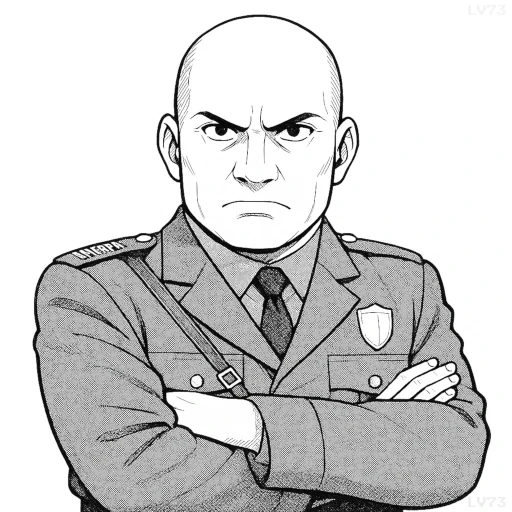“Inactivity is death.”

- July 29, 1883 – April 28, 1945
- Italian
- Politician, Journalist, Dictator, Prime Minister of Italy, Founder of Fascism
table of contents
Quote
“Inactivity is death.”
Explanation
This terse and forceful statement, “Inactivity is death,” encapsulates a central tenet of fascist ideology: perpetual action, struggle, and mobilization. For Mussolini, life was defined by energy, movement, and conquest—values that stood in direct opposition to liberalism’s emphasis on individual passivity or democratic deliberation. Inactivity, in his view, was not just undesirable; it was antithetical to vitality, both for individuals and for the state.
The quote emerged from the fascist glorification of dynamic willpower and violence, rooted in Mussolini’s rejection of Enlightenment rationalism and Marxist materialism. Influenced by thinkers like Georges Sorel and Friedrich Nietzsche, fascism espoused life as a battlefield, where strength and action justified authority. Mussolini often portrayed modern Italy as a body that could only survive through unceasing motion and collective exertion, whether in politics, war, or labor.
In a broader sense, this quote can serve as both a motivational slogan and a cautionary insight. While it underscores the importance of initiative and effort—values respected even in democratic societies—it also reveals the danger of absolutism, where rest, reflection, or dissent is equated with weakness or treason. Modern authoritarian regimes often harness similar rhetoric to suppress opposition and justify endless campaigns of expansion or internal purification under the guise of survival.
Would you like to share your impressions or related stories about this quote in the comments section?
